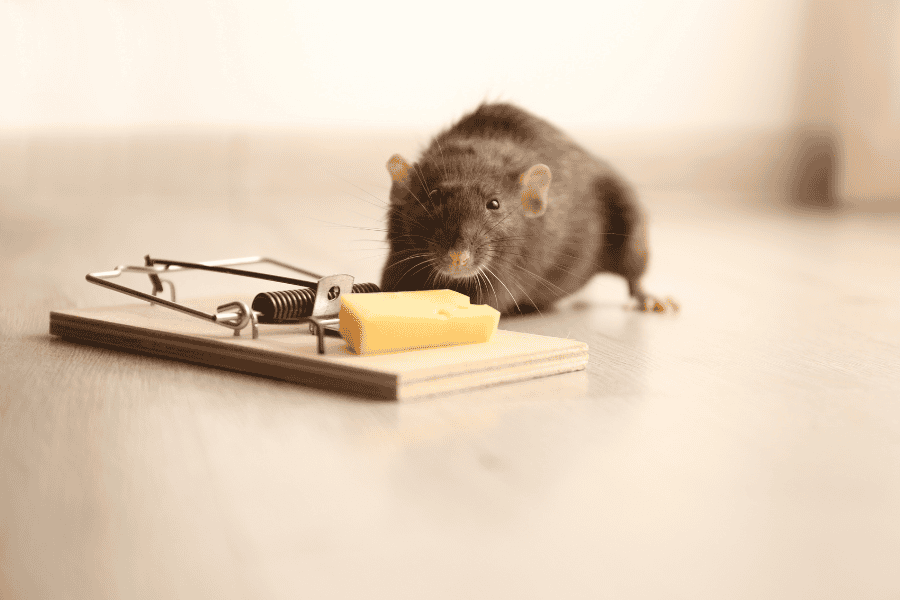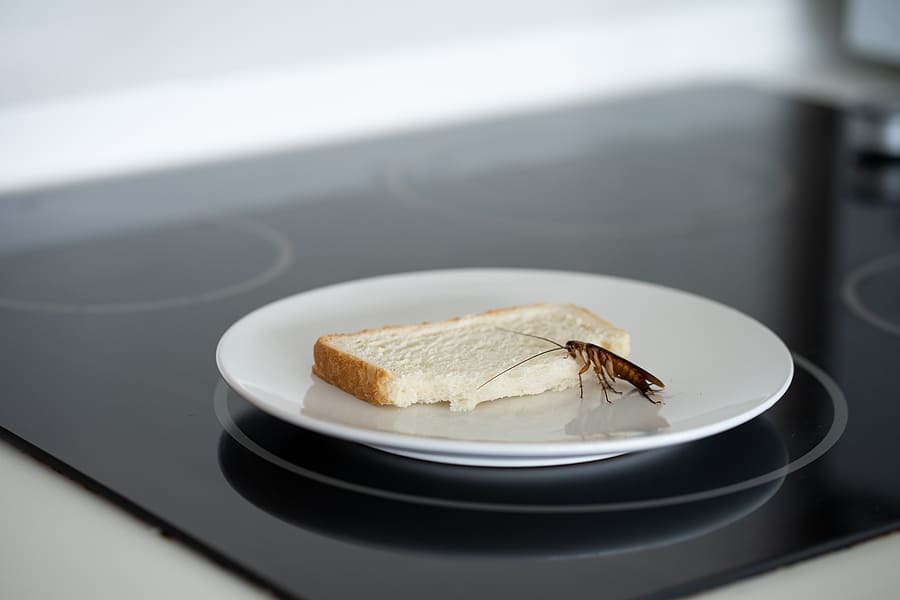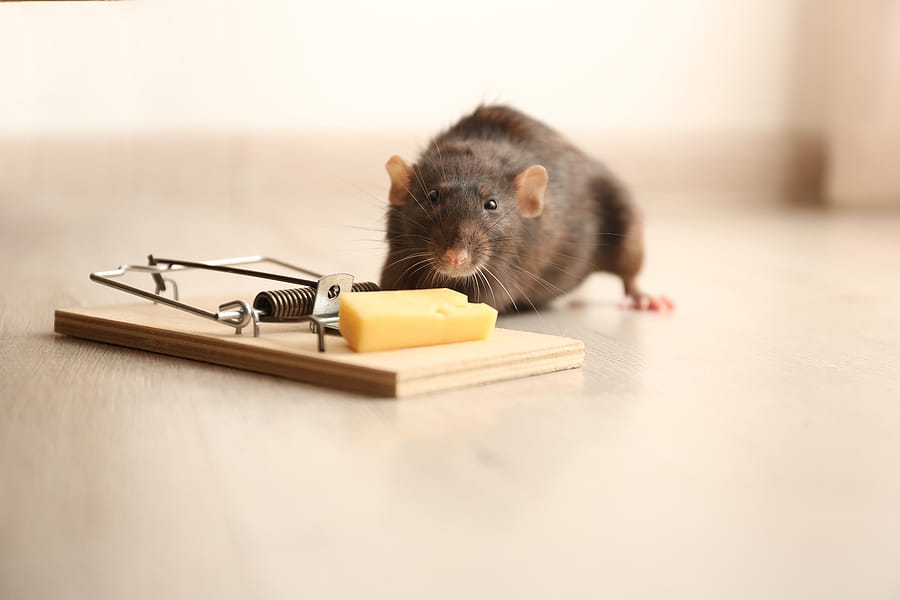READY TO GET STARTED?
REQUEST A FREE ESTIMATE
Fill out the form below or call (888) 466-7849 for a free, no-obligation estimate.

Pest control is an essential part of maintaining a clean and safe home, especially when faced with recurring pest problems. When unwanted pests invade, the first instinct for many homeowners is to search for quick and effective solutions. For some, this means tackling the issue themselves with do-it-yourself (DIY) pest control methods, while others prefer to call in professional pest control services.
Both approaches come with their own advantages and drawbacks, and understanding them can help you make an informed decision about which method works best for your specific pest problem. In this article, we will explore the pros and cons of DIY pest control and professional pest control, highlighting factors like cost, effectiveness, safety, and long-term results.
One of the biggest advantages of DIY pest control is the potential cost savings. Professional pest control services can come with significant fees, which can add up over time. Many homeowners prefer to buy pest control products and handle the issue themselves, believing it will save money in the long run.
DIY pest control products, such as sprays, traps, and bait systems, are often available at affordable prices at local hardware or home improvement stores. Additionally, online retailers provide a wide variety of pest control solutions, making it easy to find what you need at a reasonable cost.
When you spot pests in your home, immediate action is often necessary to prevent further damage or infestation. DIY options allow homeowners to take action right away without waiting for a professional service to arrive.
With DIY pest control solutions readily available in stores or online, you can quickly eliminate pests like ants, spiders, or cockroaches as soon as you notice them.
Handling pest control yourself offers the convenience of addressing the problem on your own schedule. You can apply treatments at any time, without needing to coordinate appointments with a pest control company.
For small, isolated pest problems, DIY methods are usually sufficient and allow homeowners to manage minor infestations with ease.
For homeowners who are environmentally conscious or prefer natural alternatives, DIY pest control provides greater control over the types of products used. You can choose non-toxic or organic pest control products if you’re concerned about the chemicals found in conventional pesticides.
This flexibility ensures that you are using methods that align with your personal preferences and household safety standards.
One major drawback of DIY pest control is that most homeowners lack the experience and expertise of professional pest control technicians. Identifying the exact pest and knowing the most effective way to eliminate them requires specialized knowledge. For example, a termite problem is far more complex than an ant infestation, and using the wrong products or methods can make the situation worse.
Without proper training, DIY solutions may only provide temporary relief from a pest problem rather than a long-term solution. In more serious cases, pests may return or even become resistant to certain treatments.
Many over-the-counter pest control products contain chemicals that can be harmful to humans, pets, and the environment if not used correctly. Misuse or overapplication of these products can lead to health risks, including respiratory issues or skin irritations.
Professional pest control services are well-versed in handling hazardous substances and take proper precautions to ensure the safety of your household. DIY methods, on the other hand, may expose you and your family to unnecessary risks if instructions aren’t followed precisely.
While DIY pest control solutions can be effective for minor issues, they often fall short when dealing with more severe infestations. For example, a large rodent problem or a bed bug infestation requires more specialized knowledge, tools, and products that most homeowners don’t have access to.
DIY methods may not address the root cause of the problem or prevent future infestations. Without a thorough understanding of the pests’ behavior, DIY treatments might eliminate visible pests without targeting their nests or breeding sites, leading to recurring infestations.
Pest control is not always a one-time fix. Many DIY treatments require frequent applications and monitoring to ensure the pests are completely eliminated. For busy homeowners, this can become time-consuming and inconvenient.
In contrast, professional pest control companies offer long-term pest control solutions that require less involvement from the homeowner.
When deciding between DIY pest control and professional pest control, it’s essential to consider the severity of your pest problem, your budget, and your comfort level with handling chemicals and treatments.
DIY pest control can be a cost-effective and convenient solution for minor pest issues, but it often lacks the expertise and long-term effectiveness of professional services. On the other hand, professional pest control offers more comprehensive pest control solutions and peace of mind but comes at a higher cost.
If you’re dealing with a recurring or severe pest infestation, it’s worth considering professional pest control services to eliminate pests and prevent future problems. For those looking for quick fixes or minor pest issues, DIY pest control may be a suitable option.
When searching for solutions, whether it’s DIY pest control near me or a trusted pest control company, understanding the pros and cons of each method will help you make the best choice for your home and family.

Dealing with pests in Auburn can be a challenging task for any homeowner. Whether it’s the persistent march of ants across your kitchen floor or the strange rustling of rodents in the attic, pests are not only a nuisance but can also pose health risks and cause property damage. When facing these unwelcome guests, homeowners often grapple with the decision of whether to tackle the problem with DIY pest control or call a professional pest control company. Here, we weigh the pros and cons of both approaches to help you make an informed decision.
Both DIY and professional pest control have their place in managing pest issues and by understanding the nature of your problem and weighing the pros and cons, you can choose the best approach for your home. Whether you opt to tackle it yourself or call in the pros, the goal is the same: a pest-free home that keeps you and your family safe and comfortable. If you’ve exhausted your DIY pest control methods and are still noticing more pests on your property than you’re comfortable with, call a pest control company near you for a free inspection and recommendations on the best treatment plan.

The last thing any homeowner wants to deal with is an unwanted household pest. Roaches, bed bugs, termites, rodents, and more each bring their own set of problems and damage to both homes and health. Our first instinct is to get rid of these pests quickly and we often go for a DIY route. But what should you know before you dive into DIY pest control?
DIY vs professional pest control is a common debate. One of the most important factors that goes into pest control decisions is cost. Although DIY products typically cost much less then commercial products, they can ultimately cost more in the long run. Most DIY pest control methods are reactive – they aren’t applied until a pest problem is already established. Professional pest control provides preventative treatments to help stop infestations before they start. Even though you may save money on the products, you may end up spending significantly more in treatment and repair costs down the road.
Other factors that go into pest control decisions include effectiveness, expertise, safety, and guarantee. DIY products typically work as “spot treatments,” encompassing a small area where the problem is. They don’t usually cover a large area nor last long enough to control a full blown infestation. Professional products are designed for large scale use, getting into places you may not see pests such as inside walls, crawlspaces, and foundations. Proper identification of the pest you are treating for is critical to elimination. While pest control products are labeled with easy-to-follow instructions, professional pest control technicians are equipped with the most up-to-date technology and techniques to help eliminate a pest infestation. The same is true for safety. DIY products can contain chemicals which are hazardous for humans and/or pets. They may also contain chemicals that the average homeowner isn’t familiar with. Professionals are trained on proper use of these chemicals, reducing the risk to you and your family. They also have green pest control options that can be utilized. Finally, DIY products may contain a manufacturer’s warranty or store guarantee on the product. Professional pest control companies will usually provide a service guarantee where they return between visits (usually at no additional charge) for any pest problems that pop up before service is due again.
If you have evaluated all the angles and decided the DIY approach is best for your situation, here are a few of our favorite DIY pest control tips you can use in your home.

When it comes to household pests (like spiders, ants, roaches, and termites), there are several options for pest control to choose from. Should you use do it yourself pest control? Should you call a professional pest control company? What is the difference? What are the pros and cons of each? Here we break down the advantages and disadvantages of DIY vs professional pest control.
The key to effective pest control is proper identification. Appropriate treatment depends on the species of the pest, how far the infestation has spread, the size of the home, climate, and many other factors. DIY pest control products have labels with directions and warnings that are fairly simple to follow. Professionals, however, have the knowledge and training on industry trends and groundbreaking products that may not be readily available to household consumers. They know key indicators to look for and can provide quick assessments and effective treatments.
Cost is one of the biggest factors that influence DIY vs professional pest control treatments. While do it yourself products are typically less expensive than commercial products, they can end up costing you more in the long run. Most homeowners don’t treat a pest problem until they spot them; unfortunately by this point the infestation is usually already established. This could end up costing significantly more in treatment and damage repair costs than a professional service would. Professional pest control services can be more costly initially but save you over time through prevention.
DIY products are certainly convenient – you just head to your local hardware store and pick up what you need. Professional services have to be coordinated around their availability and your schedule, sometimes requiring you to be at home for the service.
Using chemicals of any kind can pose a hazard to yourself, your family, and your pets. DIY products can contain chemicals that the average consumer may not be familiar with. This can pose a threat to your and your family’s health. With a professional service the risk on the homeowner is taken away. Green pest control options are also available which are safe for both you and your pets.
The ultimate goal of any pest control treatment is effectiveness – you want it to work. With DIY methods, you usually only treat the areas where you see an active problem. These products are effective for small pest problems but typically aren’t strong enough or don’t last long enough for significant infestations. Pests are also highly adaptable and can become resistant to many chemicals used in these products. Professional pest control treatments use the most up to date methods and products. They can also treat areas where infestations have spread that you may not see such as inside walls, in attics, and crawlspaces.
DIY product guarantees will vary depending on the store or manufacturer. Most pest control companies will offer a service guarantee where they will come back and treat in between scheduled visits if a problem arises at no extra charge to the consumer.
As previously mentioned, most DIY products are designed to be used for an active problem. Oftentimes, these products aren’t used until after an infestation is already established. With a professional service, visits are set on a scheduled basis whether there is an active pest problem or not. This allows the technician to use preventative measures when infestations are gone to keep them from flourishing in your home.
When you have a pest problem, the main concern is getting it taken care of quickly and effectively whether that is through DIY methods or a professional service. Every situation is different and the main concern is the appropriate treatment for each individual situation. If you suspect you have a pest problem or would like a quote on services, contact a professional pest control company.
Why Rain and High Temperatures Bring Mosquitoes
What Are Those Little Red Bugs?
Wildlife: Leaving a Mess Behind